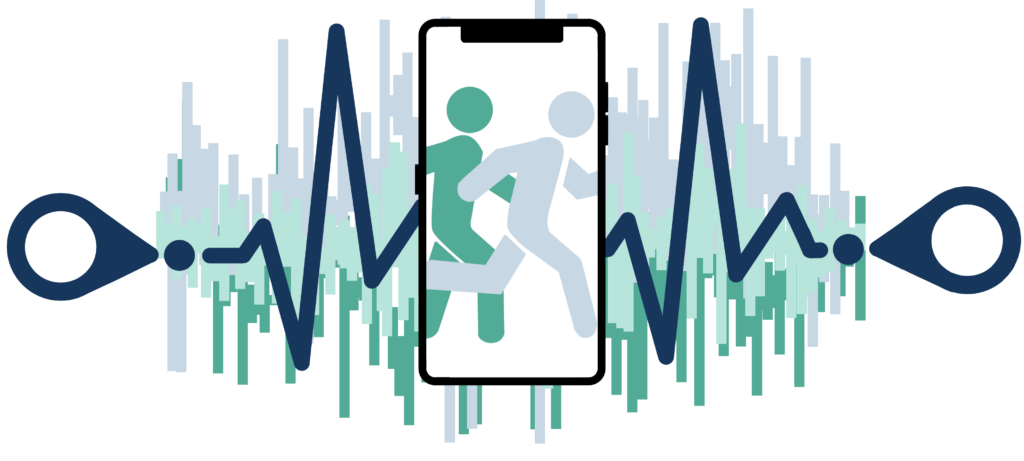
Welcome to AAPEX-Research
We support researchers and PhD candidates using Ambulatory Assessment (AA) to study physical activity, sports, and movement in real-world contexts. Our platform offers tools, resources, and expertise to help you integrate mobile and wearable technologies into your research and advance innovative methodologies.


Bringing research into real-world contexts
Our conviction rooted in our own research and the work of others in the field. We believe that moving research from the confines of the laboratory into real-world settings offers immense potential for gaining valuable insights and advancing knowledge in the realms of physical activity, sports, and exercise. Ambulatory Assessment can be applied in a wide range of subfields such as sport and exercise psychology, biomechanics, sports sociology, training science, and many more. Despite this diversity, these research areas share a common focus on situational-specific factors, time-, space-, & and dependent variations, context-dependent variations, and the distinction between within-subject and between-subject varianceindividual processes.
Research questions
Our areas of interest are as diverse as our questions, ranging from “How does motivation fluctuate throughout the day, and how are specific contextual factors associated with this variation?” to “How do volleyball players’ jump heights change over the course of a season, and how are they influenced by specific ‘in-the-moment’ interventions such as mental training?” Additionally, we explore apparent paradoxes, such as stressed individuals generally exercising less, while those feeling stressed in the moment might exercise more on a given day.
Primary objectives
Facilitating the application of Ambulatory Assessment methods by other researchers.
We aim to provide researchers with the tools, resources, and guidance needed to implement ambulatory assessment methods effectively. By sharing our expertise and insights, we seek to make these methods more accessible and applicable across various subfields.
Fostering collaboration among researchers in the field.
Collaboration drives innovation, and we strive to connect researchers from diverse disciplines. Through shared knowledge and joint projects, we aim to create a dynamic community that advances the understanding of physical activity, sports, and exercise.
Advancing the development of Ambulatory Assessment methods within the field.
Our goal is to push the boundaries of what ambulatory assessment can achieve. By innovating and refining methodologies, we contribute to the evolution of this approach, ensuring it remains at the forefront of research practices.
Establishing and enhancing the use of Ambulatory Assessment in the field
We are committed to integrating ambulatory assessment into the core of research and practice. By demonstrating its value and versatility, we aim to embed these methods within the foundation of physical activity and exercise science.
